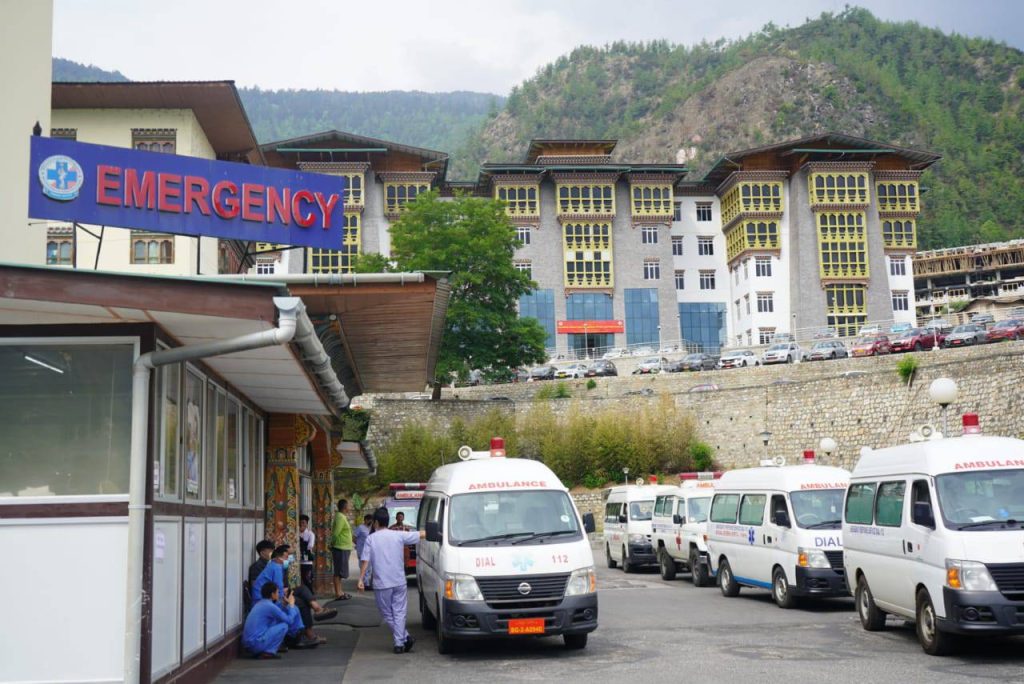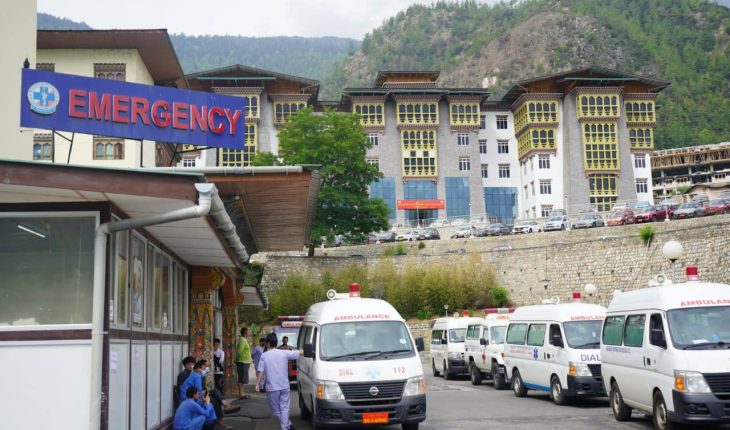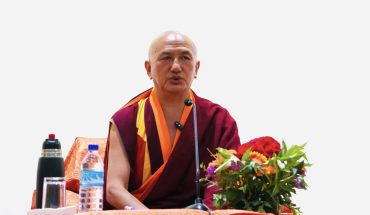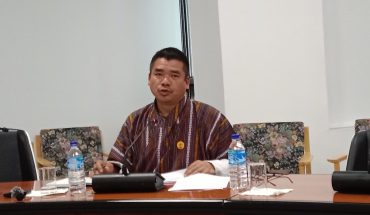
Health Minister Lyonpo Tandin Wangchuk during the 19th meet the press session said the Ministry of Health (MoH) is rolling out thromde health centres, also known as filter clinics, across Thimphu to strengthen primary healthcare services.
This was in response to growing concerns over chronic overcrowding at Jigme Dorji Wangchuck National Referral Hospital (JDWNRH).
The minister said the initiative will ease pressure on the national hospital while bringing quality health services closer to communities.
“Overcrowding at JDWNRH has been a problem for years. But behind that problem lies the larger issue of people bypassing local health facilities and directly going to the referral hospital,” he said.
The health minister added that with thromde health centres in place, MoH will decentralizing care, bringing it closer to the people, and ensuring JDWNRH is used for what it was designed for.
Currently, three thromde health centres are operational in Thimphu, each staffed with at least one doctor.
A fourth clinic, located at the Royal Bhutan Police ground, is undergoing minor renovations to improve the patient waiting area and is expected to open in the coming months.
The ministry is also preparing to establish a fifth clinic at the multi-level car park near the Thimphu Thromde Office.
Together, the five centres are expected to handle most of the city’s primary healthcare needs.
To make the clinics fully functional, the ministry has requested additional human resources from the Royal Civil Service Commission (RCSC).
Each clinic will have one General Practitioner, two General Duty Medical Officers, and support staff including nurses, laboratory technicians, and pharmacists.
“Every centre will be equipped with diagnostic facilities and a pharmacy,” Lyonpo said.
This, he said, will allow patients to consult doctors, receive essential tests, and collect their medication without having to travel to JDWNRH.
One of the most significant reforms is the decision to stop walk-in consultations at JDWNRH once the filter clinics are fully operational.
Patients will only be seen at the referral hospital if they are referred by a thromde clinic or a dzongkhag health facility.
“This is a fundamental shift in how our health system will function. JDWNRH will strictly function as a specialist and referral hospital,” he said.
The minister stressed that the change is necessary to allow JDWNRH to dedicate its resources to advanced and specialized treatment.
Recognizing that many patients instinctively go to JDWNRH even for minor ailments, the ministry is planning a nationwide campaign using television, radio, social media, and community outreach.
“The message will be clear: thromde health centres should be the first point of contact for most healthcare needs. JDWNRH is for specialized treatment, not for primary care,” the minister added.
In parallel, the ministry is collaborating with the Bhutan Innovation Lab under the Prime Minister’s Office to redesign the appointment and referral system.
The aim is to reduce waiting times, improve patient flow, and ensure efficient referrals to specialists.
“This is our second strategic intervention,” Lyonpo said. “Even after the clinics are fully functional, we want the referral process to be organized and efficient.”
Meanwhile, residents of Thimphu expressed optimism about the reforms. BT spoke to several citizens to gauge their views.
“Yes, I think they will help reduce the rush at JDWNRH, but only if people actually use them,” said Yugyal, a shopkeeper in Babesa, adding if the clinics are reliable and provide proper care, people will naturally stop going straight to JDWNRH.
He further said he would feel confident visiting a thromde clinic first for common health issues instead of going directly to JDWNRH.
“I would, as long as they have good doctors and medicines available. People need to trust the service. If the care is good, there’s no reason to go all the way to the national hospital for small problems,” Yugyal said.
When asked about the challenges the ministry might face, he highlighted manpower as the biggest issue.
“Sometimes even at JDWNRH there are long waits because doctors are too few. If each clinic has enough staff and medicines, then it will succeed. Otherwise, people will go back to JDWNRH,” he added.
Another Thimphu resident, Karma, a civil servant in Changzamtog, emphasized the importance of communication and awareness campaigns.
Karma said today, people feel JDWNRH is the only place to get proper care, and unless the government really explains that thromde clinics are equally capable for most illnesses, people won’t change their habit.
He further suggested that the government must ensure consistency in service delivery.
“The clinics must not run out of medicines or close unexpectedly. If people see that these clinics are dependable, they will use them. Also, expanding services like lab tests and preventive health check-ups would make a big difference,” Karma said.
The reforms come at a time when JDWNRH faces mounting pressure due to Thimphu’s growing population and rising health awareness. Experts have long warned that without strong filter clinics, the referral hospital will continue to be overwhelmed.
While the establishment of thromde health centres is widely seen as a positive step, their success will depend on adequate staffing, consistent service delivery, and strong public trust.
For Lyonpo Tandin Wangchuk, however, the vision is clear.
“Every Bhutanese deserves timely access to quality healthcare. By strengthening thromde health centres, we are making that vision a reality,” he said.





